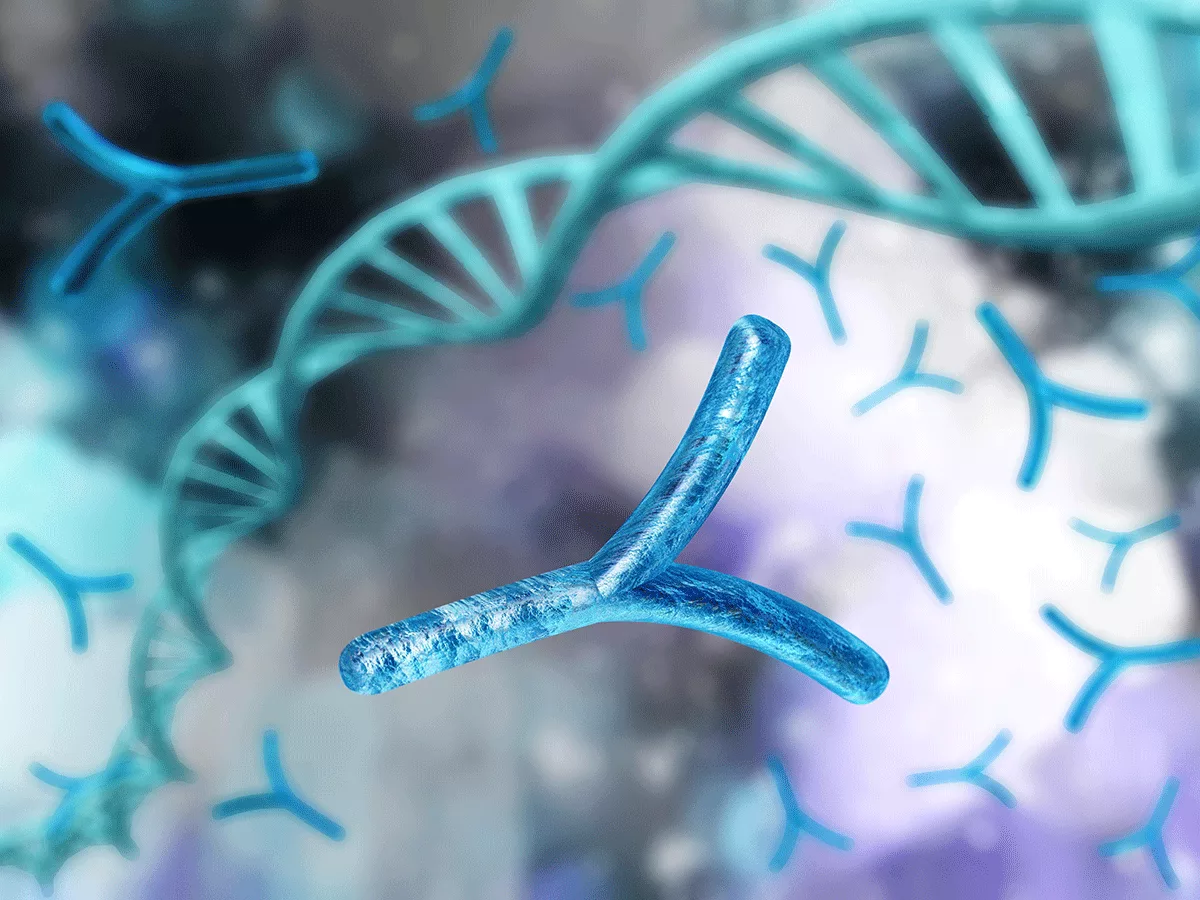Scientists have found a rare genetic variant carried by 1 in 3,000 people, which they say has a larger impact on the risk of developing type 2 diabetes than any other genetic defect identified to date.
The breakthrough rests on advances in protein sequencing of the whole exome. Rather than capturing common genetic differences between people, as seen in conventional genome-wide association studies, whole exome sequencing for the first time allows a large-scale approach to studying the impact of rare protein coding variants on diseases, including type 2 diabetes and cancer.
In research published in the July 8, 2021, issue of Nature Communications, John Perry, group leader in human genetics and the MRC Epidemiology Unit at Cambridge University, and colleagues have used whole exome sequences to identify genetic variants associated with the loss of the Y chromosome, a feature of a small proportion of circulating leukocytes in men.
Loss of the Y chromosome, a recognized biomarker of aging, is caused by dysregulation of the cell cycle and DNA damage response pathways. It points to a decline in the body's cellular repair systems and has been implicated in age-related diseases.
Using data from more than 200,000 people in UK Biobank, through which it is possible to link genome sequences to contemporary medical records, the researchers homed in on rare variants in GIGYF1, a gene that is implicated in insulin control and cell growth factor signaling.
These variants were shown to substantially increase susceptibility to loss of the Y chromosome and to increase an individual's risk of developing type 2 diabetes by six-fold. They also were associated with higher fat mass and lower hand grip strength.
For the one in 3,000 individuals that carry a GIGYF1 variant, the risk of developing type 2 diabetes is around 30%, compared to around 5% for the population at large. In comparison, the majority of common variants associated with type 2 diabetes confer far more modest effects, typically much lower than two-fold.
First large-effect diabetes variant
Investigators have been speculating about the genetic architecture of type 2 diabetes and whether or not variants of large effect exist for many years, Perry said. "To date virtually all known type 2 diabetes-associated variants are fairly common and individually have a small effect on disease risk. This study was the first to identify variants with what would generally be considered a large effect," he told BioWorld Science.
Although the effect is large at an individual level, the rarity of the variants means big numbers were needed to track them down. "Only 1 in 3,000 individuals carry these variants in GIGYF1, so you need to sequence quite a few people to identify those carriers," Perry said. "If you only sequenced 10,000 people you'd only find 3 carriers, one of whom would likely have type 2 diabetes. That wouldn't be enough to identify a significant difference between carriers and noncarriers."
That underlines the scientific potential of having access to very large numbers of exomes, said Nick Wareham, director of the MRC Epidemiology unit. "We are confident that this approach will bring a rich new era of informative genetic discoveries that will help us better understand common diseases such as type 2 diabetes. By doing this, we can potentially offer better ways to treat -- or even to prevent -- the condition," he said.
The scope for studying the protein coding exome has massively expanded in the past 2 years, after the first tranche of UK Biobank whole exome sequencing was made available for 50,000 participants in March 2019. Following this, the data for an additional 150,000 participants was released in October 2020.
Loss of function of a second gene, checkpoint kinase 2 (CHEK2), also reached exome-wide significance. CHEK2 loss of function is known to promote loss of chromosome Y in men by inhibiting DNA damage response and apoptosis, and finding CHEK2 variants in the study confirmed the previous observations of its role.
While GIGYF1 is known to interact with both activated insulin receptors and IGF-1 (insulin-like growth factor 1) receptor, this study is the first time rare variants of the gene have been implicated in a complex trait. As a result, there is limited knowledge of its exact function.
"This study identified loss of function variants in a gene for which very little is currently understood," said Perry. "Now we know this gene is causal for type 2 diabetes, we can begin to understand the mechanism of effect in more detailed cellular and animal studies," he said.
Perry noted that while current evidence points to impaired insulin and IGF-1 signaling, this may not be the complete picture. "I'd really like to understand the more mechanistic questions, exactly how and why does loss of function of this gene lead to such a detrimental effect on metabolic health."
By the same token it is too soon to say if the study opens up new therapeutic approaches. "It's difficult to say at this stage and obviously drug target identification and development is very complex. At least conceptually, if loss of function of GIGYF1 confers a large increase in type 2 diabetes risk, it would be interesting to understand if over expression of the same gene would lead to a protective effect," Perry said.

